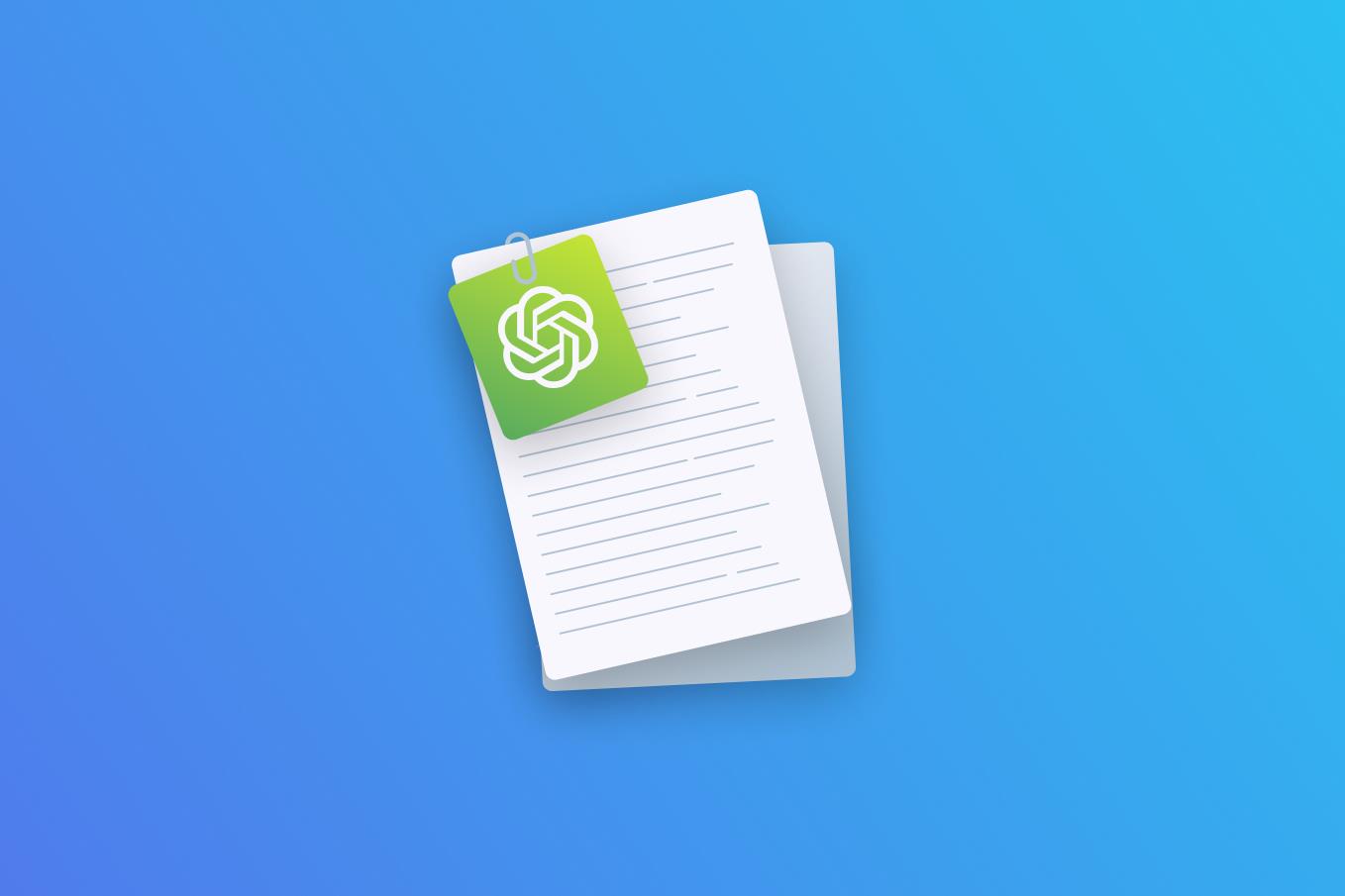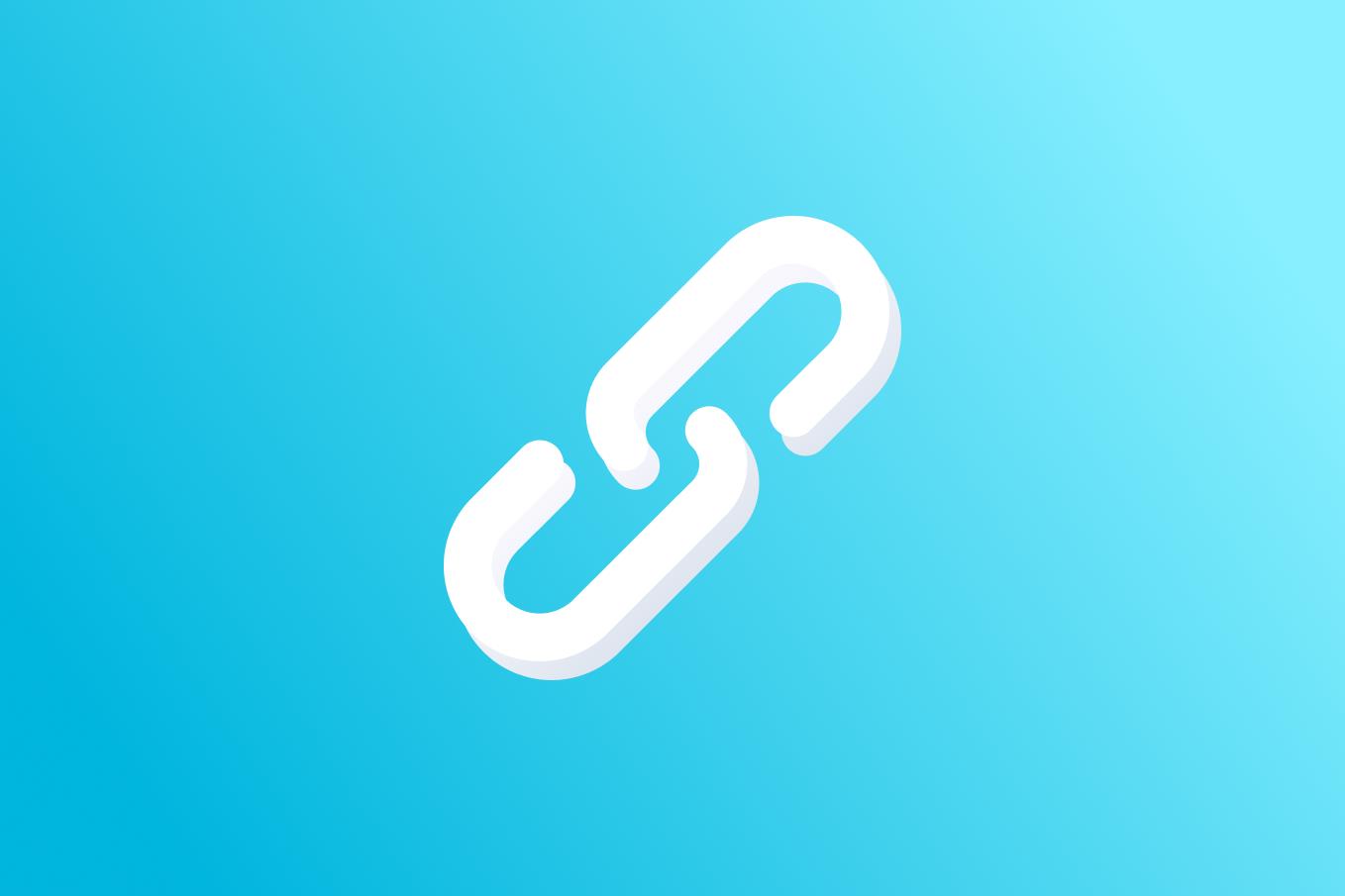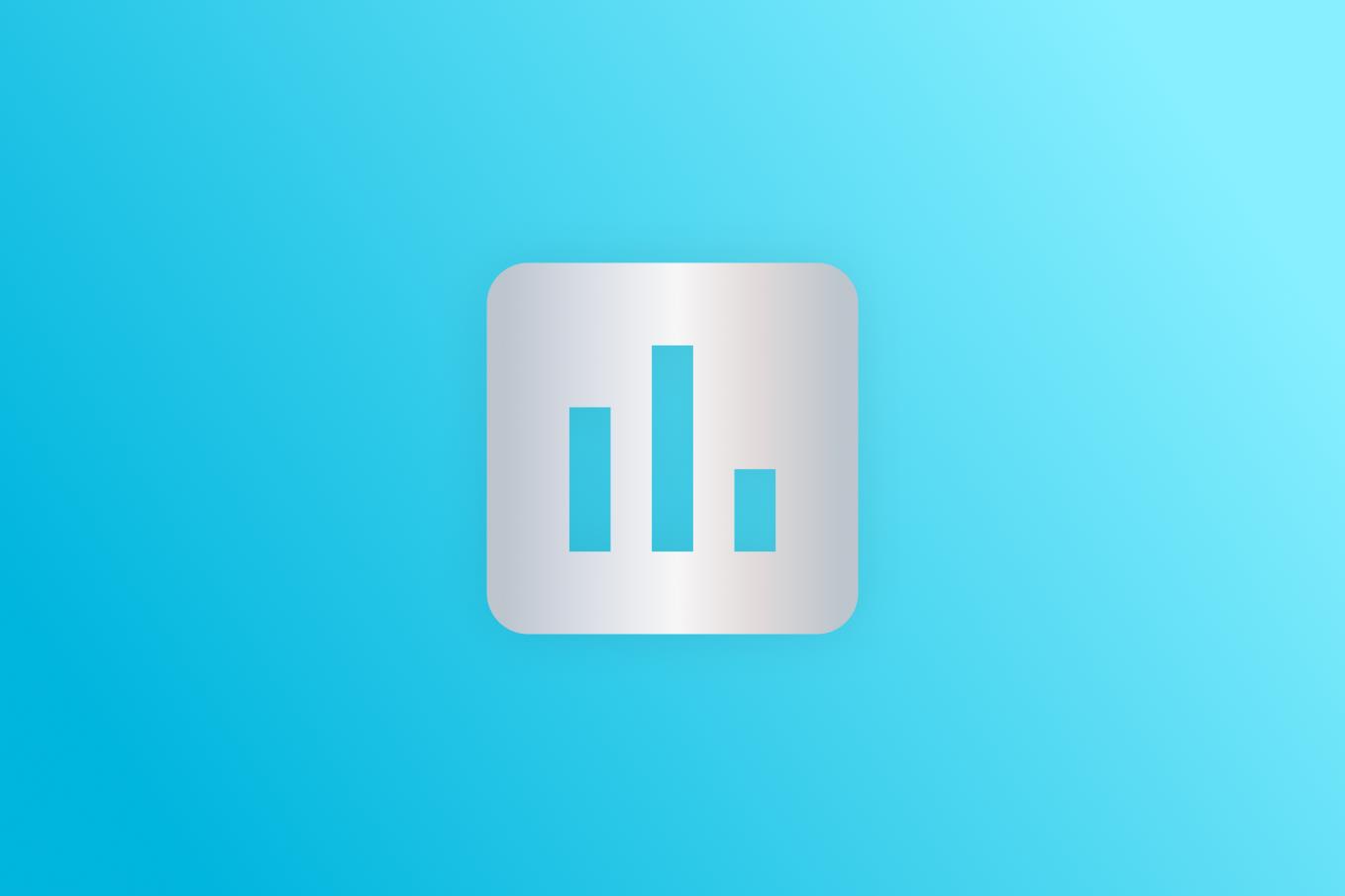ChatGPT has already revolutionized the tech world. From automating customer service tasks to analyzing the data, ChatGPT simplifies the daily routine of many specialists. Surely, the recruiting sphere is not an exception. In this article, Aliaksandr Yazepchyk, Lead Recruiter at EPAM, reveals how to create a CV successfully, shares an algorithm to compose it and unveils professions to which it can be applied.
How does ChatGPT help in making a CV?
I was introduced to GPT by my colleague, Vitaly Shulga, EPAM Talent Development Manager. He demonstrated how deftly it copes with writing code in various programming languages, composes letters and solves creative tasks. This inspired me and I thought, why not use it for recruiting tasks and for helping those who are just starting on their way into the tech sphere?
I began by compiling a CV. ChatGPT can help you choose the right keywords and phrases that will highlight your resume and make it stand out among many others. It can also make a list of your achievements and skills that will emphasize your uniqueness and your professional qualities.
In addition, when preparing a CV, ChatGPT can:
- Provide expert advice on design and structure
- Check spelling mistakes and grammar
- Adapt the text so it is more or less formal
What is the algorithm for composing a CV with ChatGPT?
It is better to form your query about how to prepare a CV in English. ChatGPT is trained on content from various pools of information, 60% of which are presented in English. When creating a resume, it will use the knowledge and information obtained from these sources.
Your queries should be no longer than a few sentences or short paragraphs. This enables ChatGPT to better understand the request and formulate more accurate and useful responses. If you need to process a longer query, it is better to divide it into short queries and enter them one by one.
Although the request should be short (for example, "Create a professional CV for a JavaScript developer"), it should be supported by the necessary information, including:
- Name
- Professional area and work experience
- Education and qualifications
- Skills
You can experiment and not supply certain information as a test. If you do that, it will offer characteristics that can be adapted to personal experience.
To get the best result, however, you should provide as much information as possible about your professional experience and skills. This will help ChatGPT to better understand your professional field and formulate the most appropriate tips and recommendations for preparing your resume.
It is impossible to guarantee the 100% accuracy of the resume compiled by ChatGPT. It may, for example, be limited in understanding the context in which the resume will be used and it may miss subtle nuances that will be important for a particular position.
For which professions can we use ChatGPT when writing a CV?
ChatGPT can be used for any field of activity. I would emphasize, though, that there are some professions for which it should not be used.
If you are looking for a job in medicine, law or engineering, for example, ChatGPT can provide basic templates for preparing a resume, but it will not be able to replace your specialized expertise and knowledge. As a result, it is likely that these resumes will not meet the technical requirements and formats established for a particular industry and profession.
ChatGPT can, of course, adapt the resume to specific requests if you provide it with enough information about the vacancy and the requirements for candidates.
Can a recruiter guess that the CV has been compiled by ChatGPT?
It is quite difficult to determine when a resume is created with the help of artificial intelligence. We all saw how the neural network dressed the Pope in a Balenciaga down jacket, and not everyone immediately realized that the photo was not real. A resume created using ChatGPT, however, may look more formulaic or unnatural, which may prompt the recruiter to think that it was generated automatically.
It is possible that recruiters may be biased against using GPT to create a CV and may believe that those CVs are less unique and individual than documents that are created manually. This depends on the individual recruiter and the company.
Personally, I am more upset by ChatGPT cover letters from candidates and template responses in online correspondence. You need to remember that not only jobseekers but also employers know about ChatGPT.
I don't think that using ChatGPT to create a resume should be any kind of "red flag" for hiring. If the resume contains all the necessary information and looks high-quality, it does not matter if artificial intelligence was involved in its compilation. The most important thing is that it accurately reflects your skills and qualifications.
If you exaggerate your achievements or provide false information, that can negatively affect your reputation and future career opportunities. Therefore, when compiling a resume using ChatGPT or any other tools, I recommend checking it for errors and supplementing it with references to your individual skills and achievements. This will help you stand out from other candidates and increase your chances of being hired.
What are your recommendations for using ChatGPT when composing a CV?
It is always crucial to create the optimal request. For this, it is necessary to:
- Study the vacancy and understand what skills and qualifications are required for the position
- Use the keywords that are listed in the vacancy
- Check and edit the resume and make it unique
- Use ChatGPT in combination with your own knowledge and expertise
Eager to learn how ChatGPT can help you in education? Explore this article to embrace AI power and enhance your learning experience.
The material was prepared by our partner, Anywhere Club, a digital platform, helping IT specialists from all over the world to grow and develop in their profession.








_05164151.png)